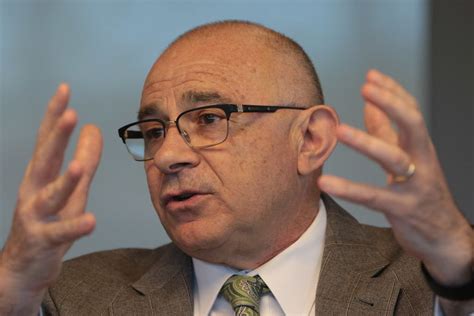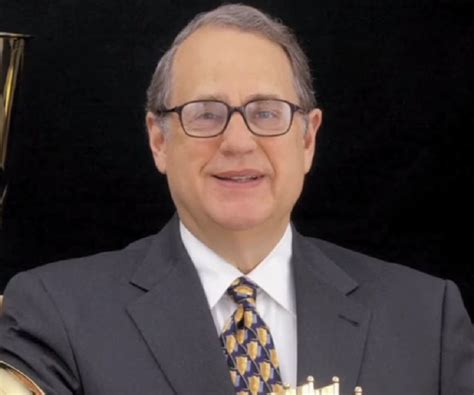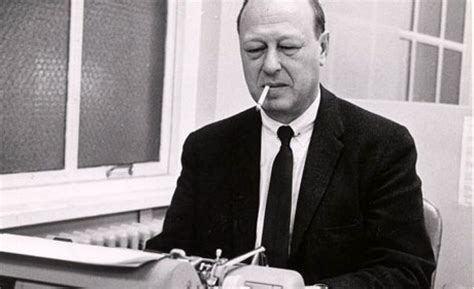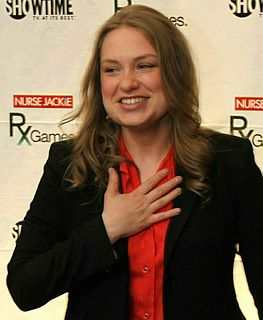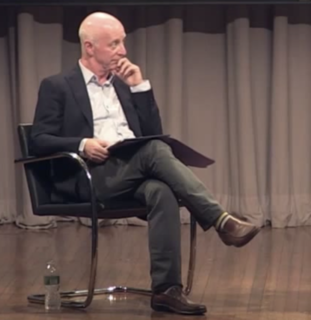A Quote by Sal Albanese
When I talk about the city, I talk about a city that elevates people, which is the strength of New York. We always had the ability to do that. We had the services to do that: good schools, living-wage jobs. We're moving away from that toward a two-tiered system: a small group of very wealthy people and the rest of the city, poor and working poor.
Related Quotes
Clay Felker was then - he had - to his credit, he had created New York Magazine, which was the first of the city magazines that covered the city and gave all kinds of advice and all that sort of stuff. And there were copies all over the country by the time he left. He had, however, a view of journalism that was very much, I must say, like Tina Brown's at The New Yorker. You hit 'em hard, fast, give 'em something to talk about the day after the paper comes out, as contrasted with William Shawn, who gave them something to talk about two or three years from then.
New Orleans is a city whose basic industry is the service industry. That's why it makes its money. That's - it brings people to the city. People come to the city and experience the wonders of this extraordinary city and everything else. The question is that, how do we create jobs which are the jobs that have pay, that - living wages?
I always sort of talk about - to myself at least, or to my friends, about wanting to just keep life very simple. I've found it most simple here in New York. You know, it's basically I have a, in a way, a 9-to-5 job, you know? I do eight shows a week. I live in New York City. I get to walk everywhere, and you know, just be one of the people of the city. And it's actually wonderful.
In 1998, Vanity Fair asked me to write a big piece for them on the 50th anniversary of the New York City Ballet. My life, to a great extent, had been spent at and with the New York City Ballet, and I decided to try it. It was very scary, writing about something I loved so much and had such strong opinions about.
So, I mean, there's still vast swaths of the city that are suffering from a lack of jobs and poor housing and poor public schools, but they are building momentum - you know, techies, foodies, artists, musicians, all coming to Detroit. So there is this vibrancy. You see it in the newspapers every day - some story about the new Detroit.
New York remains what it has always been : a city of ebb and flow, a city of constant shifts of population and economics, a city of virtually no rest. It is harsh, dirty, and dangerous, it is whimsical and fanciful, it is beautiful and soaring - it is not one or another of these things but all of them, all at once, and to fail to accept this paradox is to deny the reality of city existence.
